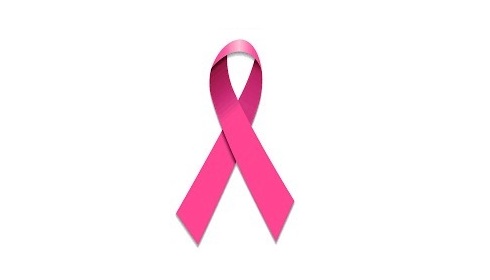
WHO urges member states to detect & treat at least 60% of breast cancers at early stages
The World Health Organisation (WHO) has urged its member states to focus on the early detection of breast cancer cases so that at least 60% of breast cancers are diagnosed and treated as an early-stage diseases.
Releasing the new Global Breast Cancer Initiative Framework ahead of 2023 World Cancer day recently, the United Nations Health Agency said that it targets to save 2.5 million lives from breast cancers by 2040 by recommending countries implement the three pillars of health promotion for early detection, timely diagnosis and comprehensive management of breast cancer to reach the targets.
Pointing out that despite being the first or second leading cause of female cancer deaths in 95% of the countries, WHO said that survival from breast cancer is widely inequitable between and within countries, with nearly 80% of deaths from breast and cervical cancer occurring in low- and middle-income countries.
“Countries with weaker health systems are least able to manage the increasing burden of breast cancer. It places a tremendous strain on individuals, families, communities, health systems, and economies, so it must be a priority for ministries of health and governments everywhere,” Director-General of WHO, Dr Tedros Adhanom Ghebreyesus, said,
| - Breast cancer is beatable: Survivor |
| - Early diagnose remains key to tackle breast cancer: Doctors |
| - Enhertu becomes the first ADC to be approved for treating breast cancer in the EU |
Stressing that tools and the know-how to prevent breast cancer and save lives are available, the WHO DG added, “WHO is supporting more than 70 countries, particularly low- and middle-income countries, to detect breast cancer earlier, diagnose it faster, treat it better and give everyone with breast cancer the hope of a cancer-free future.”
Citing the findings of a 2020 study by the International Agency for Research on Cancer, WHO said that the study suggests that an estimated 4.4 million women died of cancer in 2020, orphaning nearly one million children, 25% of which were due to breast cancer.
“Countries need to ensure that this framework engages and integrates into primary health care,” WHO Director for Noncommunicable Diseases, Dr Bente Mikkelsen, says.
Expressing the hope that the framework would not only support health promotion but also empower women to seek and receive health care throughout the life cycle, she added in a statement, “With effective and sustainable primary health care, we can really see a pathway to universal health coverage.”
The framework recommends that the countries work towards ensuring diagnosis within 60 days of presentation and start treatment within three months while managing breast cancer in a way so that at least 80% of patients complete their recommended treatment.
“WHO calls on governments, development partners, industries and individuals to take their part to close the care gap and end the generational harms of cancer,” a statement by the UN Health Agency read.